
For maximisers, bad choices really sting
We all make wrong decisions, but if you’re a ‘maximiser’ rather than a ‘satisficer’, the regret hurts all the more
by Richard Fisher

We all make wrong decisions, but if you’re a ‘maximiser’ rather than a ‘satisficer’, the regret hurts all the more
by Richard Fisher
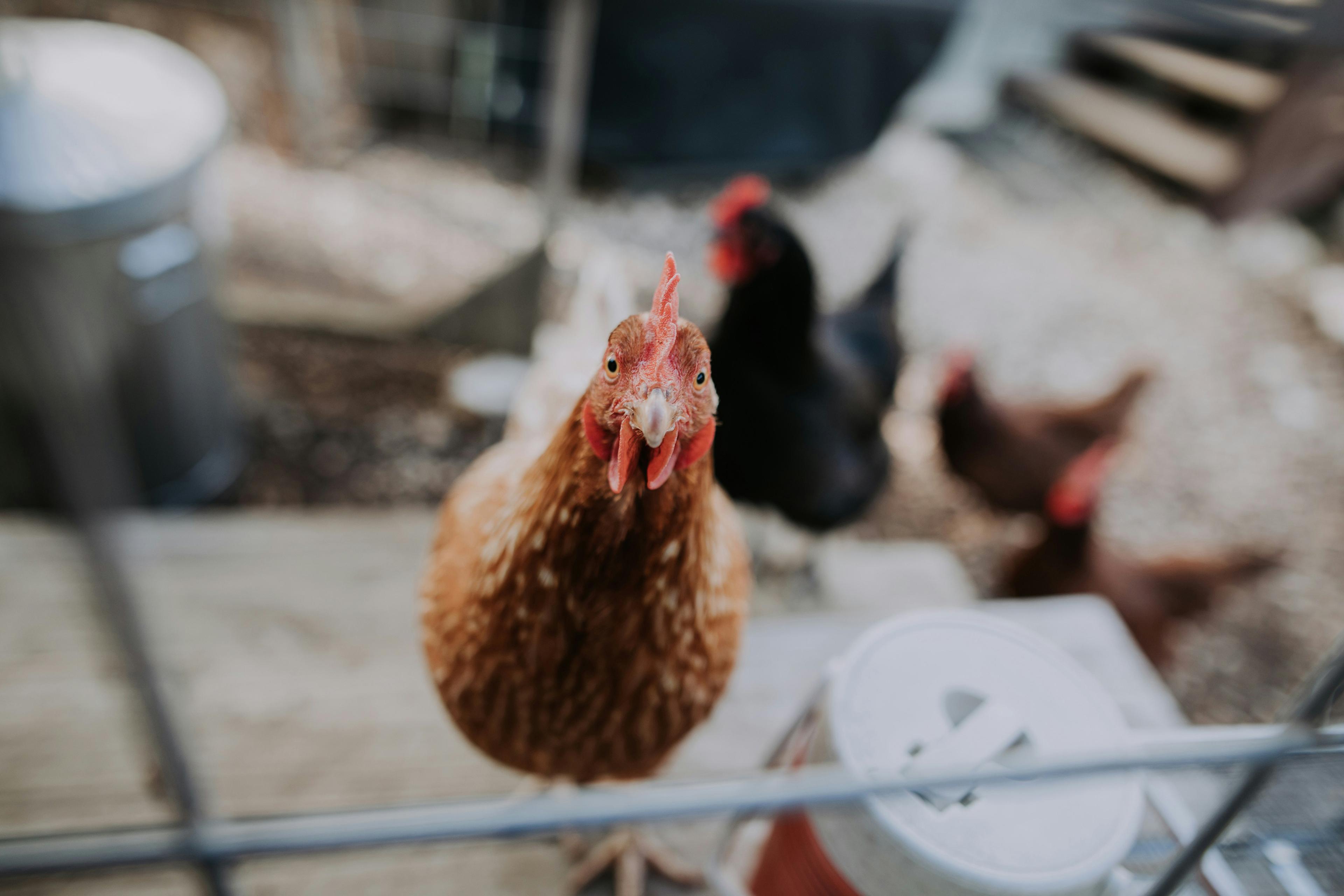
An uncomfortable reminder of the tension between your beliefs and behaviour might give you the push you need to change
by Matt Huston
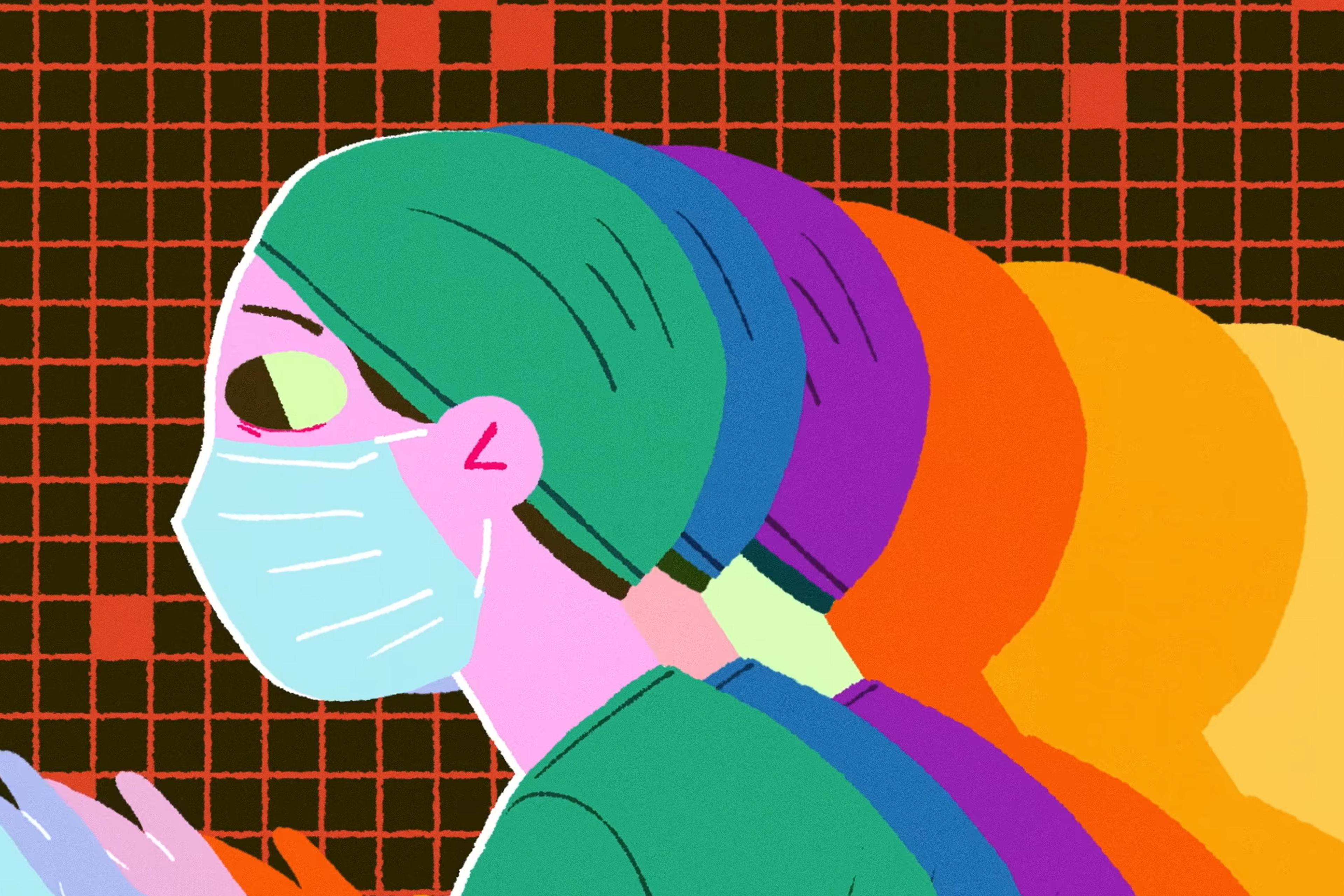

We must escape the psychological trap where grave warnings about existential threats trigger ever more destructive behaviour
by M I Krueger
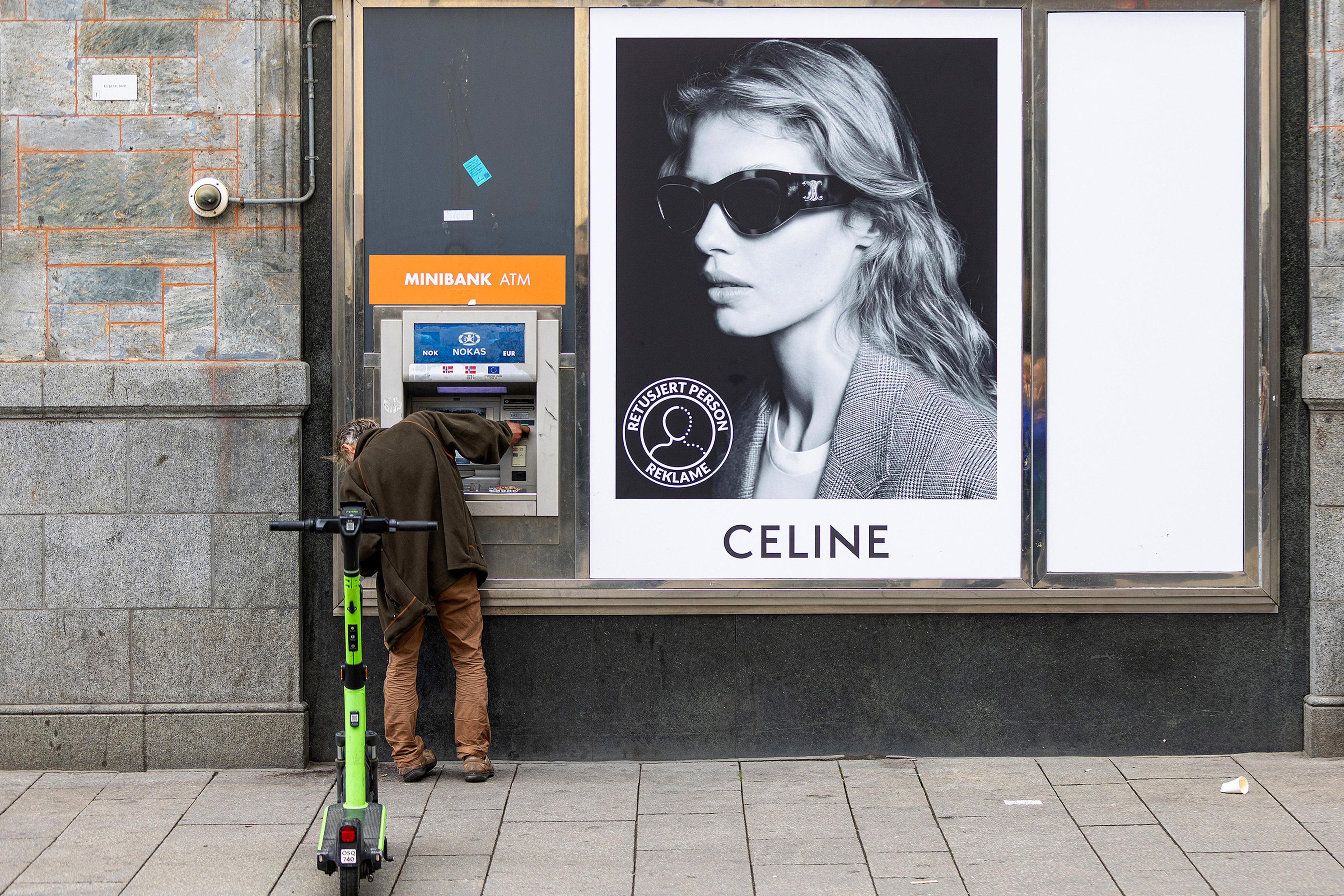
Knowing the reasons people opt not to know – and the consequences of that choice – could help us see when it’s problematic
by Jeremy L Foust

In times of change and pressure, a set of skills known as ‘psychological flexibility’ can help you and your team to thrive
by Selda Koydemir
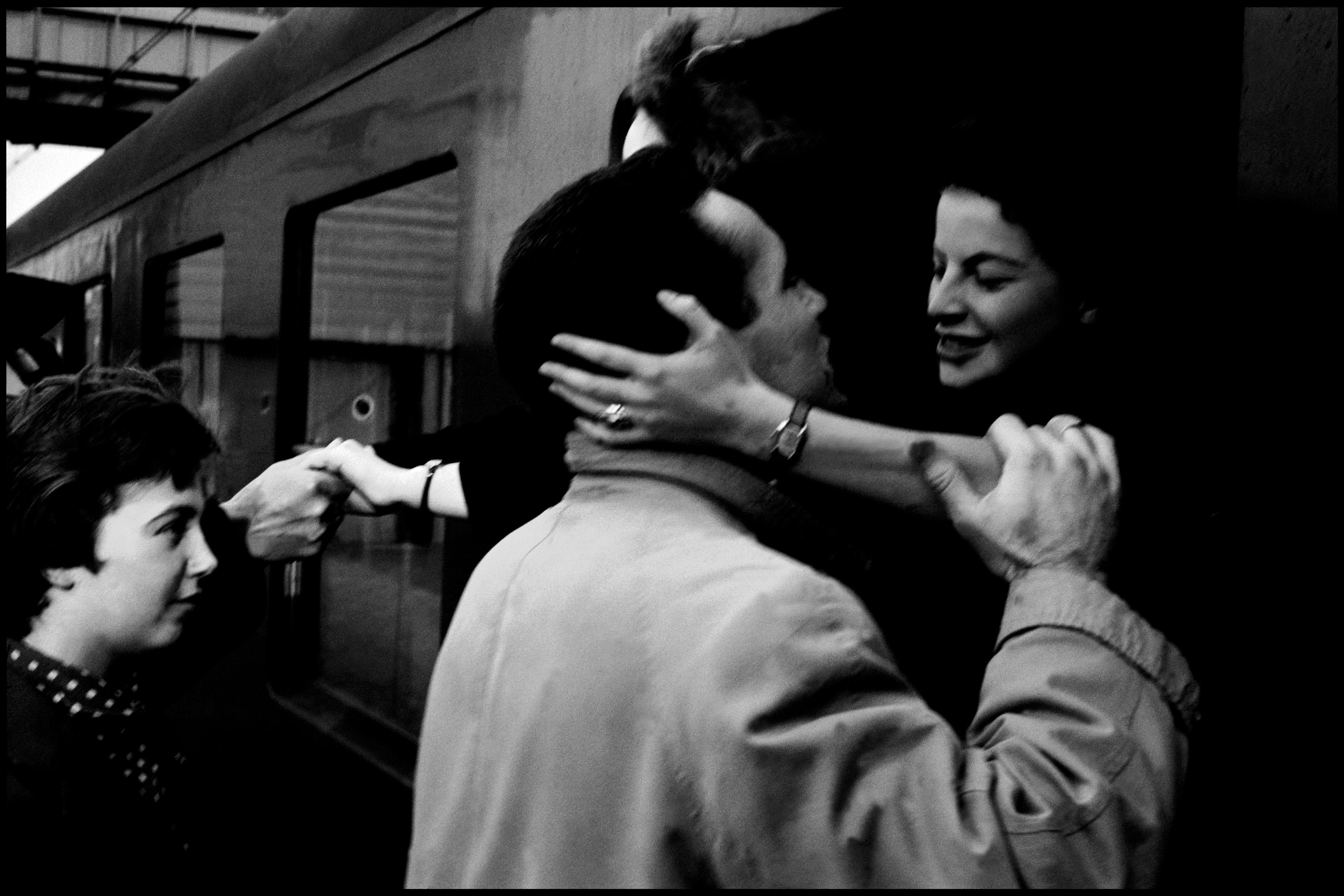
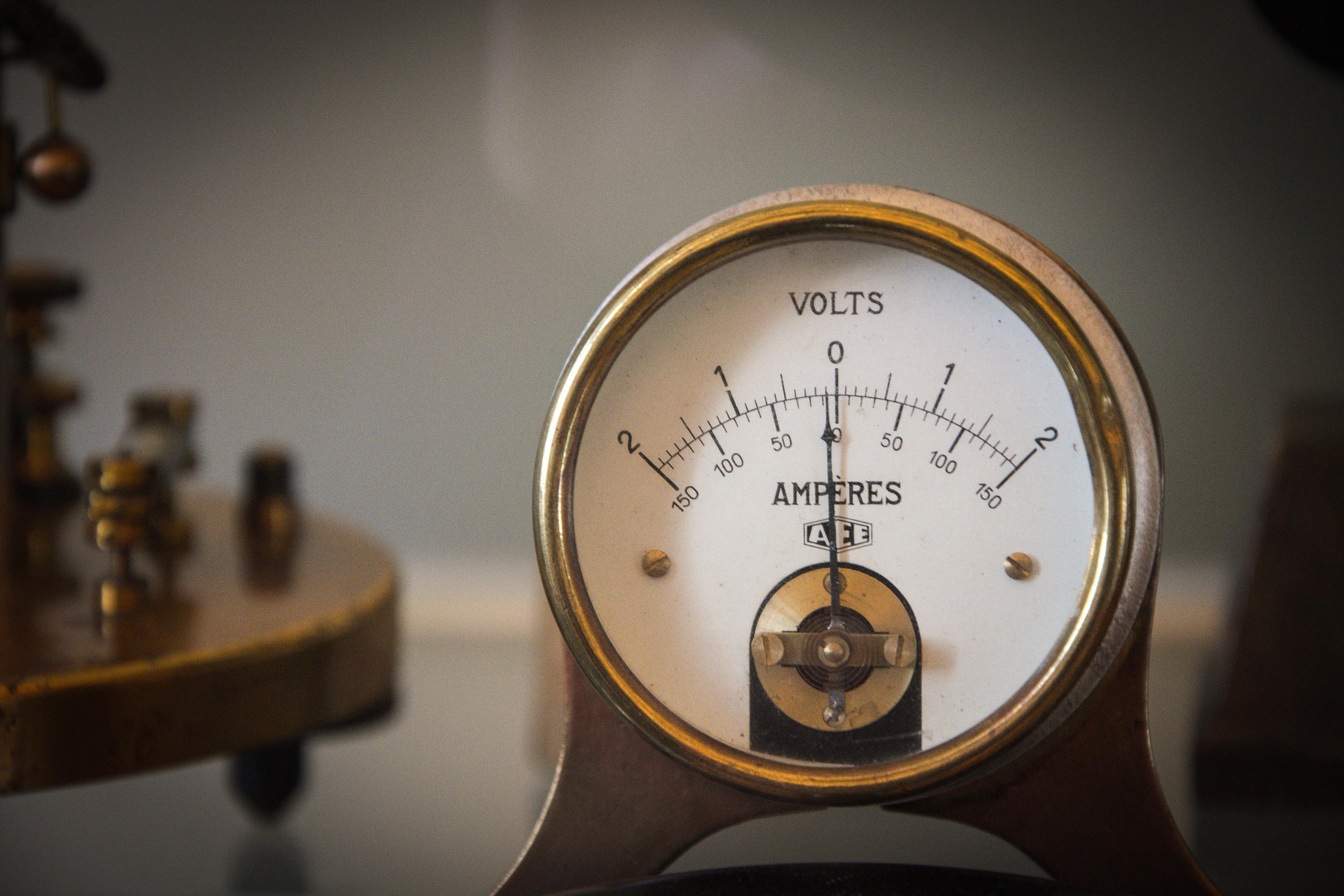

Psychology studies cast doubt on old assumptions about legal objectivity. Lawyers and laypeople alike should take notice
by Samu Czabán
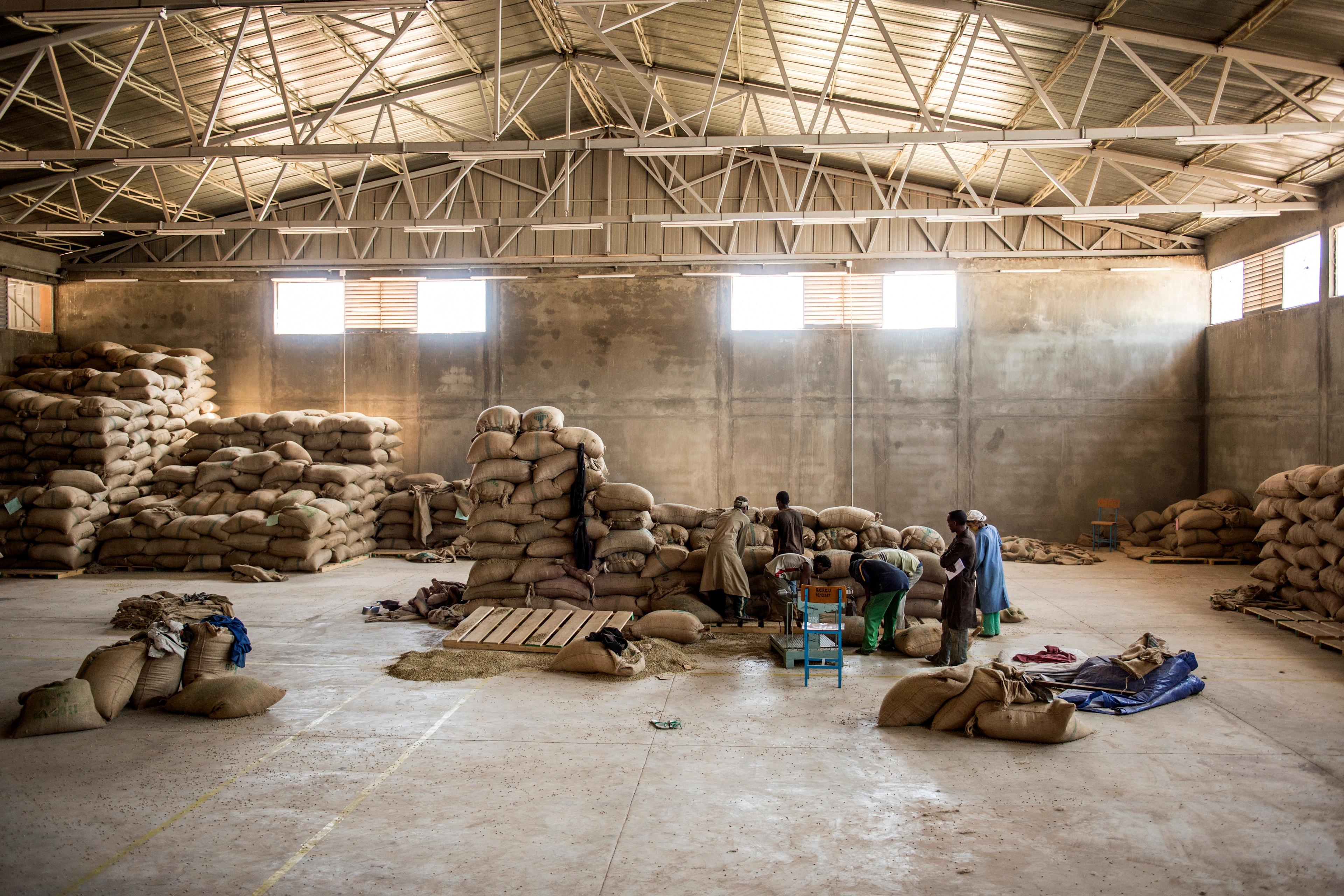
Whether you have a little or a lot, your money is always at work. Follow these steps to ensure it’s making a positive impact
by Sarah Bengtsson

Research is revealing the mood benefits of making intuitive decisions, but some situations call for an analytical approach
by Carina Remmers
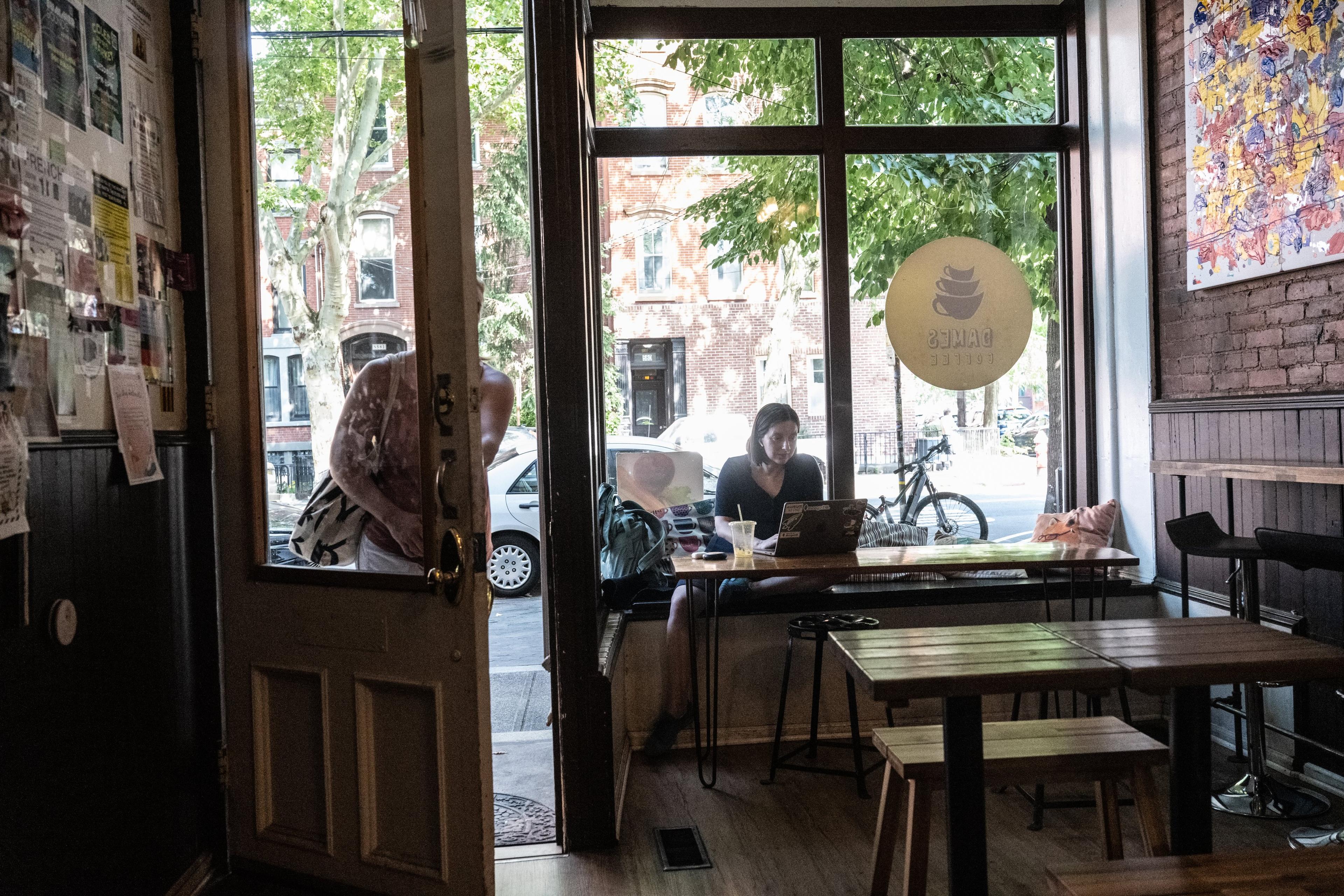
Temptation can be sneaky – a rationalising voice that subtly undermines your resolve. But there are ways to outsmart it
by John Schwenkler

To find ways to deter this recklessness, we’ve studied the mindset of financiers and others who take ‘moral hazard’ decisions
by Hemant Kakkar & Garrett L Brady
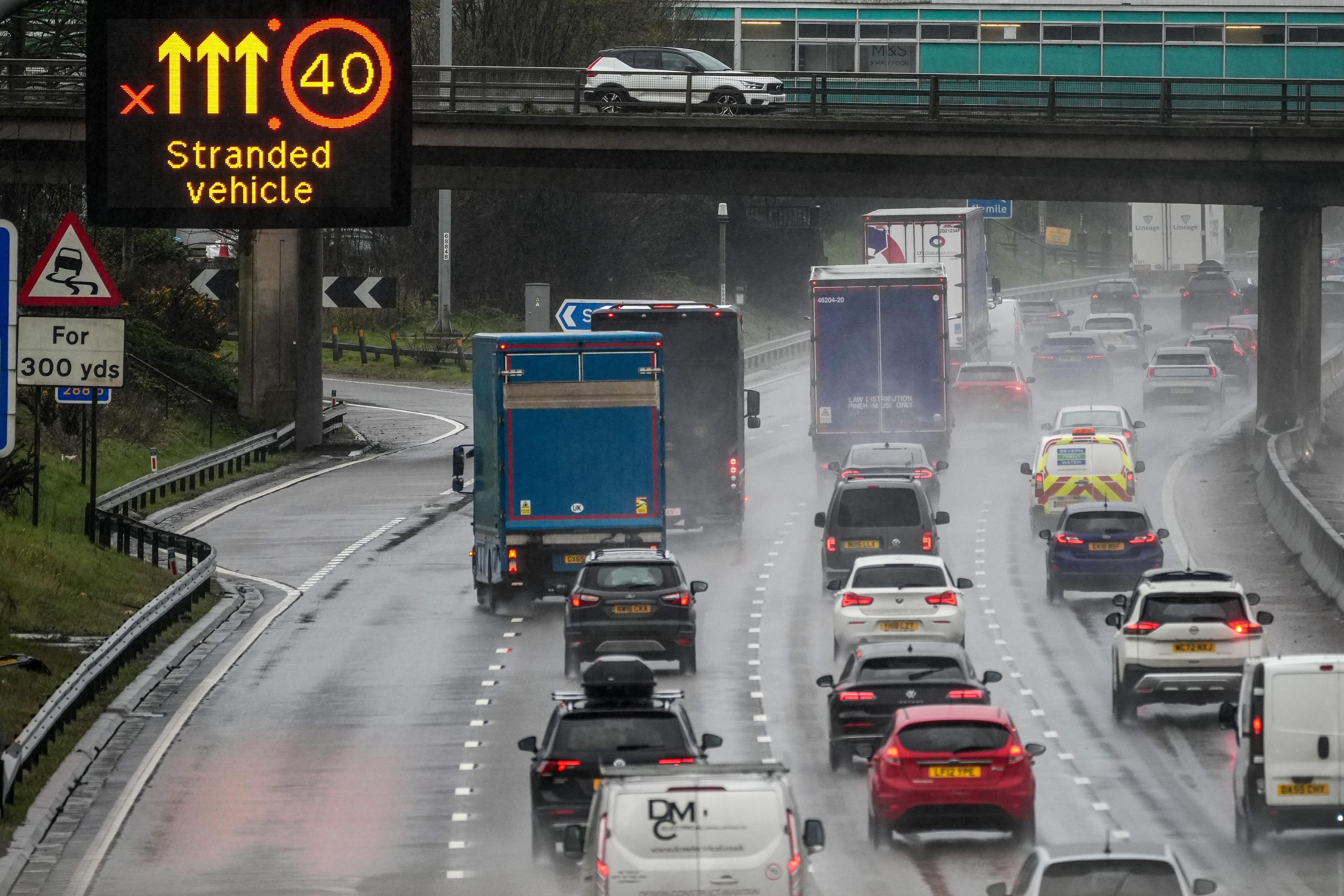
A largely forgotten psychological concept helps explain the insidiousness of minor problems – and what to do about it
by Shayla Love
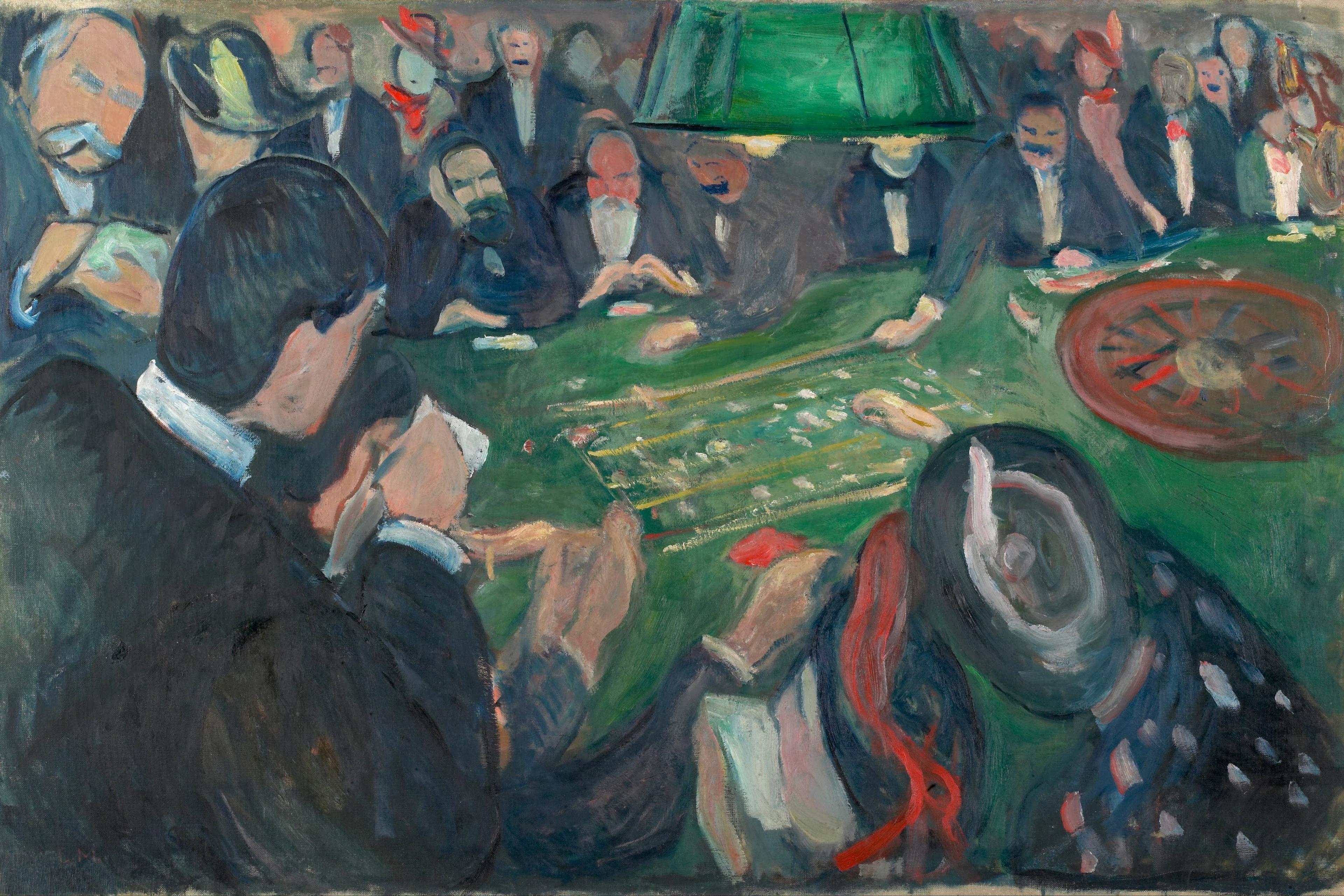
Appreciating the world is random can foster perseverance, gratitude for our own luck and empathy for the plight of others
by Mark R Rank

Have you hit an impasse in your personal or professional life? Answer these questions to open your mind to what’s possible
by Constance de Saint Laurent & Vlad Glăveanu